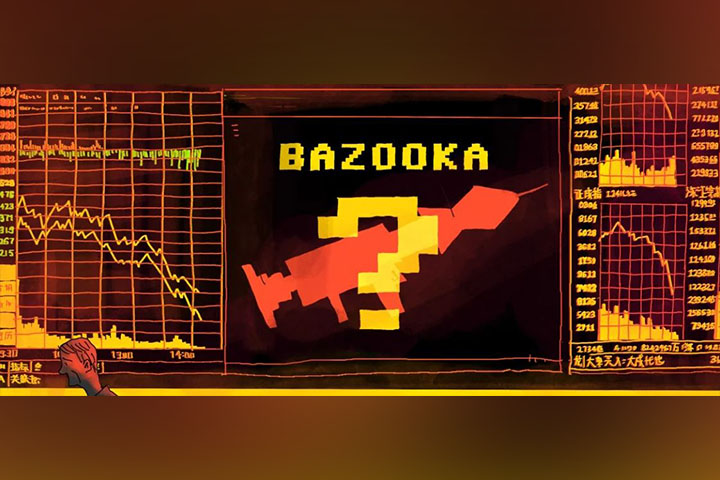'We have to import to control the local market'
In recent days, there has been a lot of instability in the chicken market in the country. The price of broiler chicken, which was 170-180 taka per kg, is now nearly three hundred taka. Along with this, the price of beef has also increased.
In such a situation, at a meeting on Thursday, March 23, Md. Jashim Uddin, the FBCCI president, made this statement regarding the import, storage, supply, and market situation of essential commodities during Ramadan.
"It is necessary to import beef and chicken meat as needed to control the local market price," he added.
The President of FBCCI stated, "We are concerned about the sudden increase in the price of chicken in the last few days. We called for a meeting with business owners related to this today. They did not come. Even though, they did not send us a logical answer. Previously, when the price had increased. They decreased the product price when we pressurised them to control the market."
He questioned, "Why has the market price increased again on the occasion of Ramadan?"
He said, "The import of meat had been banned for so long. If they cannot provide beef and broiler chicken at the reasonable price, then imports must be allowed. If necessary, we will ask the government to ease the import of beef and chicken for two to three months. We don't see any other solution instead of this."
At this time, the FBCCI board of directors, along with the President of Bangladesh Shop Owners Association and various wholesale market businessmen, were present.
23 Mar 2023,18:41

















 Live Tv
Live Tv









